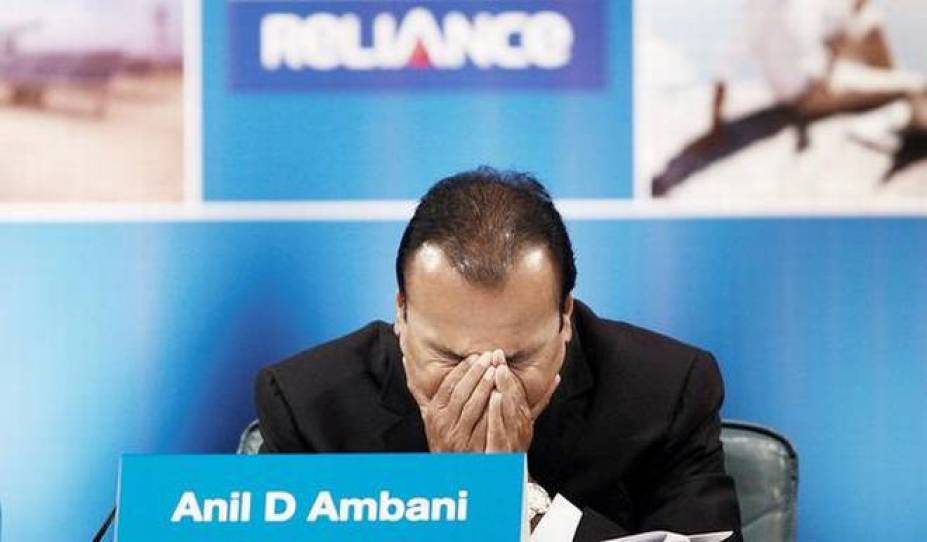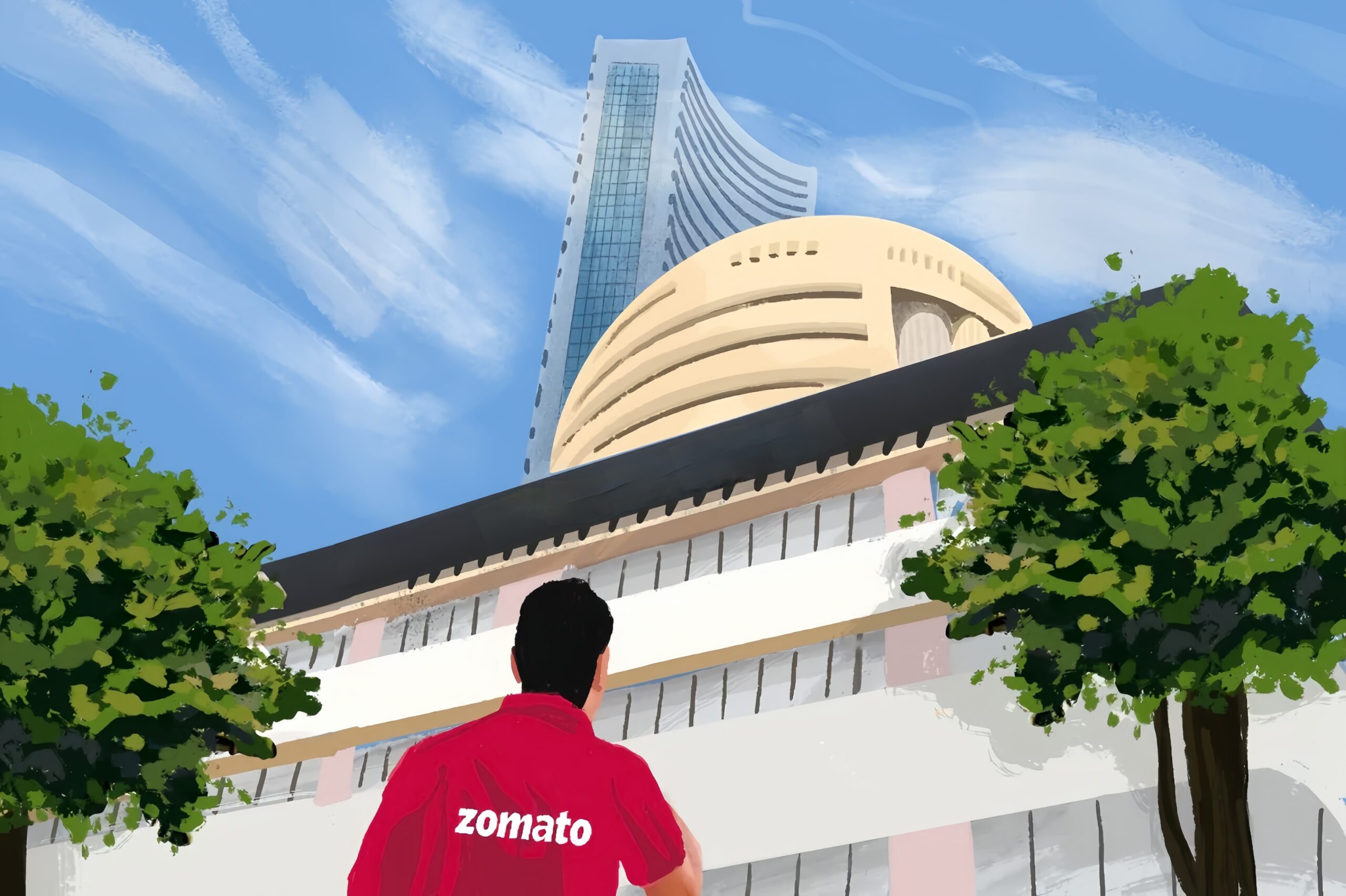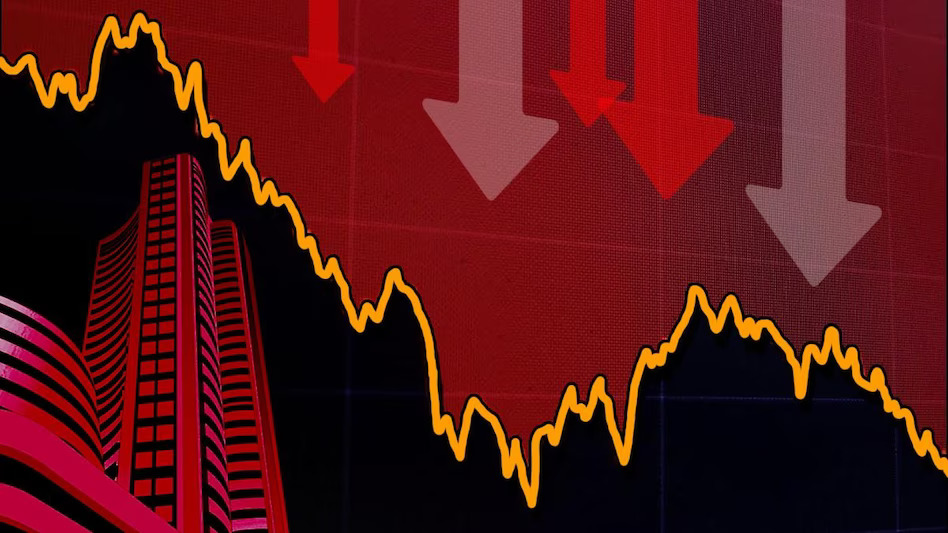Tag: IPO
IIFL Securities faces penalties from Sebi for following the circulars and the Securities Contract Regulations.

IIFL Securities has been fined Rs 11 lakh by the capital markets regulator for breaking several guidelines and rules stipulated in the Securities Contracts (Regulations) Rules, including borrowing money from customers.
The Securities and Exchange Board of India declared in an order dated August 21 that the broker had paid 136 clients a total of Rs 17.43 crore in order to advance a “fund-based agreement” that appeared to include borrowing money from the clients.
It was discovered that the broker was keeping two ledgers: a trading ledger and a margin deposit ledger. When Sebi authorities examined a sample of 20 clients and the first ledger, they discovered that the broker was collecting money from each client on a regular basis and giving them interest at a rate that was mutually agreed upon.
According to the decision, the sample of 20 clients received payments totaling Rs 15.51 crore, with interest rates ranging from 4% to 5% annually.
Although it was discovered that the client was giving the broker instructions to set up a fixed deposit, the ledgers revealed that no such deposit had been made.
The money that clients deposited in the Trading Ledger appeared to be used for both trading and satisfying margin requirements; the clients were being compensated by the broker for their usage of this money.
It was also discovered that some clients were paying the same amount to the broker and receiving monies from IIFL Finance (NBFC). According to the order, the broker was paying about 11% in interest for the use of these assets.
India is about to regulate cryptocurrencies: the government is drafting a consultation paper and consulting interested parties.

A consultation document on cryptocurrencies will be released by a panel chaired by the Secretary of the Department of Economic Affairs (DEA), and it is anticipated to be published in September or October, according to sources.
The government of India is actively involved in determining the direction that digital currencies will take in the country, as evidenced by this paper that seeks input from stakeholders on how to regulate crypto assets.
October 2023 saw the Finance Minister, Nirmala Sitharaman, declare that the G20 countries have united in their stance to cryptocurrency regulation.
Since everyone is now in agreement on the global scale on the possibility of regulations, nation-specific legislative procedures will also need to be worked out.
SEBI bans Anil Ambani, 24 others, including a five-year Reliance Home Finance official from the security market

Industrialist Anil Ambani and 24 other parties, including former senior officials of Reliance Home Finance, have been barred from the securities market for a period of five years by the Securities and Exchange Board of India (SEBI). Their role in the misappropriation of business cash is the reason behind this action.
Significant financial fraud involving Reliance Home Finance Ltd. (RHFL) has been discovered by SEBI. The plan, which was spearheaded by Anil Ambani and other important individuals, consisted of stealing large sums of money from the business through questionable loan disbursements, severely undermining shareholder profits.
Unprecedented lending amounts given to unsuitable organizations
RHFL sanctioned and disbursed significant Guaranteed Payment Credit (GPC) loans totaling thousands of rupees between FY18 and FY19. Extremely poor financial profiles, including negative net worth and minimal assets, were the recipients of these loans. It is concerning that these loans were approved without any documented security or collateral.
It was common for RHFL’s management to stray from basic credit due diligence. Internal credit ratings were disregarded in spite of the borrowers’ obvious financial vulnerabilities, and the need to determine the likelihood of default was dropped. Because of this lax oversight, hazardous loans were able to move forward unabated.
The Board of RHFL formally directed the suspension of GPC loan payments on February 11, 2019. But the business went on making these loans, even ones that Anil Ambani, as group leader, had approved. The seriousness of the internal control shortcomings is demonstrated by this contempt for board directions.
It has come to light that the promotional group was connected to both the recipients of the monies and the borrowers of the GPC loan. These links were further validated by promoter-group companies’ post-facto promises. Concerns regarding the loan quality and recoverability were voiced by the Statutory Auditor PWC, who resigned in June 2019.
Important participants were fined
Amit Bapna has been fined ₹27 crore by SEBI, Ravindra Sudhalkar ₹26 crore, and Pinkesh Shah ₹21 crore. A number of organizations connected to the fraudulent scam have also been fined ₹25 crore apiece. Their roles in aiding or profiting from unlawful loan disbursements have resulted in these punishments.
As the head of the ADA Group and a major supporter of RHFL’s parent firm, Anil Ambani was instrumental in arranging the illegal loans, according to SEBI. He had the power to approve large loan amounts and to allocate money to affiliated companies.
Despite deviating from established protocols, Bapna, a member of the Credit Committee and a former CFO of RHFL, participated in the loan approval process.Even after the board ordered that GPC loan disbursements stop, he persisted in facilitating them.
In his capacity as RHFL’s CEO, Sudhalkar oversaw the loan administration and approval process. He disregarded the board’s directions, failed to collect money, and broke promises, all of which SEBI said contributed to the company’s final demise.
Shah, the CFO in charge of accounting and finance, verified the accuracy of the company’s financial statements even though he was aware of the dubious lending practices and the auditor’s worries.
Shares of Zomato jumped 6% to a record high after UBS raised its target price.

Zomato’s shares surged 6% on Monday, reaching a new 52-week high of Rs 280 on the BSE. This was following UBS, a global brokerage company, raising its target price on the new-age stock from Rs 260 to Rs 320.
On Zomato, CLSA has the highest target price at Rs 350. Bernstein wants to see Rs 275, Nomura wants to see Rs 280, and Motilal wants to see Rs 300. Zomato revealed a multi-fold increase in Q1 earnings in the June quarter, going from Rs 2 crore in the same quarter of the previous year to Rs 253 crore. Operating revenue reached Rs 4,206 crore during the reporting period, a 74% YoY increase. Zomato’s market valuation is currently approaching Rs 2.5 lakh crore, having more than doubled in value thus far in 2024.
Ola Electric’s market value surpasses Rs 51,000 crore as its shares soar 71% in only three days.

This increase occurs on August 14, the day before Ola Electric Mobility is expected to release its Q1 results. According to a company filing, the Bhavish Aggarwal-led business will evaluate and approve the unaudited standalone and consolidated financial statements for the quarter ended June 30, 2024, at its first board meeting since listing.
Ola Electric, meantime, is getting ready to launch its first electric motorcycle on July 4. The initiative has been a long-term effort for the corporation, despite official specifics being kept under wraps. Ola unveiled concept cars including the Diamondhead, Adventure, Roadster, and Cruiser in August 2023.
Local mutual funds earned forty percent of the anchor book’s entire allocation, with foreign investment firms receiving roughly fifty-four percent. SBI MF, HDFC MF, and Nippon India MF are the domestic mutual funds that received comparatively larger allotments in the anchor component when compared to other funds.
Shares of the business were trading at 114 at 9:42 am, up 5% from the previous NSE close.
Sensex plunges 1,500 pts, Nifty tanks over 520 points; SmallCap index plummets 3%

Opening Bell: On Monday, Indian stock markets saw a sharp decline at opening. The BSE Sensex fell 2,393 points to 78,588, while the Nifty50 index fell 405 points to 24,302 points.
In early Monday morning trade on the NSE, the biggest losses were Hindalco and Maruti, which fell 4% apiece, and Tata Motors, Tata Steel, and Titan, which fell 3% apiece.
Asia-Pacific markets suffered a significant sell-off on Monday morning, continuing the sell-off that began on Friday. Investors were anticipating important trade data from China and Taiwan this week, as well as impending central bank announcements from Australia and India.
The region’s losses were led by Japan’s markets, where the Nikkei 225 fell 5.77 percent and the Topix fell as much as 7.41 percent due to erratic trading.
The S&P/ASX 200 in Australia declined 2.78 percent, the Kospi in South Korea plummeted 4.32 percent, and the Kosdaq fell 4.78 percent. In the meantime, the Hang Seng index in Hong Kong also saw negative trading and a 1.59 percent decline.
Investors today will also be monitoring service sector activity data for the US, China, and India, among other nations.
A lower-than-expected July jobs report on Friday caused equities in the US to plummet dramatically, sparking fears of a possible recession. The Dow Jones Industrial Average dropped by 610.71 points, or 1.51%, the S&P 500 lost 1.84 percent, and the Nasdaq Composite sank by 2.43 percent.
Stocks to Watch
State Bank of India: SBI’s domestic deposits increased by 8.08 percent during the June quarter, accounting for 8.18 percent of the bank’s total deposit growth. In the first quarter, the bank’s net interest margin (NIM) was 3.22 percent globally and 3.35 percent domestically.
Divi’s Laboratories: The pharmaceutical company announced a net profit of Rs 430 crore, up 21% from Rs 356 crore in the previous year. First-quarter revenue of Rs 2,118 crore represented a 19% increase over Rs 1,778 crore in the corresponding period last year.
Ashoka Buildcon: The business won two projects worth about Rs 1,280.8 crore from the Mumbai Metropolitan Region Development Authority (MMRDA) after coming in with the lowest bid. Two creek bridges are being designed and built as part of these projects: one from Gaimukh to Payegaon and the other from Kolshet to Kalher.
Infosys, the nation’s second-largest exporter of software services, said on Saturday that it has received a notification from the Directorate General of GST Intelligence (DGGI) terminating the pre-show cause notice proceedings. The notice had involved payments totaling Rs 3,898 crore for the fiscal year 2017-2018.
10 important things for investors to know about Ola Electric’s August 2 IPO opening.

Here are 10 key points for investors regarding the Ola Electric IPO, which opens on August 2:
- IPO Size: Ola Electric aims to raise ₹5,500 crore through the IPO, which includes a fresh capital component and an offer-for-sale (OFS) by existing shareholders.
- IPO Dates: The IPO will open for institutional investors on August 2 and close for retail subscriptions on August 6.
- Valuation: The company is expecting a valuation between $4.2 billion and $4.4 billion, which is lower than its previous funding round valuation of $5.4 billion.
- Financial Performance: Ola Electric reported revenue of ₹5,009.8 crore in fiscal 2024, a significant increase from ₹2,630.9 crore in fiscal 2023, although it also posted a net loss of ₹1,584.4 crore.
- Scooter Sales: The company sold 329,618 scooters in fiscal 2024, up from 156,251 in the previous fiscal year, indicating strong demand for its products.
- Market Position: Ola Electric is a leading player in the electric scooter segment in India, which positions it well for future growth.
- Use of Proceeds: The funds raised from the IPO will be used for business expansion, including scaling up manufacturing and enhancing product offerings.
- Registrar: Link Intime India Private Limited will serve as the registrar for the IPO.
- Lead Manager: The IPO will be managed by several financial institutions, ensuring a robust underwriting process.
- First EV Startup IPO: This IPO marks a significant milestone as it is the first public offering by an electric vehicle startup in India, highlighting the growing interest in the EV sector.
Investors should consider these points carefully before making investment decisions regarding the Ola Electric IPO.
